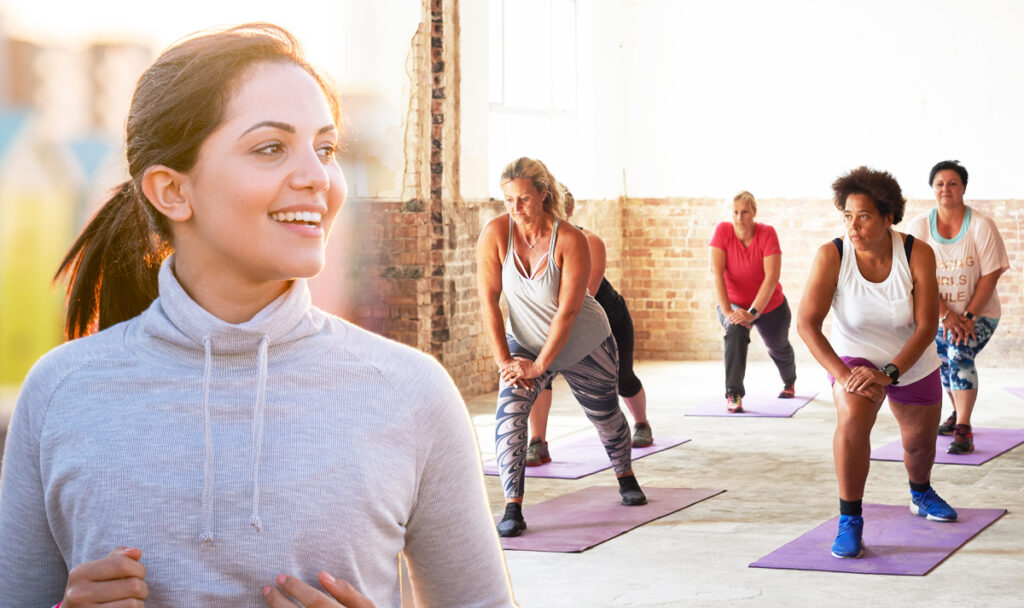Introduction
Skiing and snowboarding are exhilarating winter sports that offer fun and excitement for outdoor enthusiasts. However, the physical demands of these activities can leave your body feeling tired and sore. In this comprehensive guide, we will explore effective tips and strategies to help you naturally recover from a day on the slopes, so you can continue enjoying your winter adventures.
Hydration
Proper hydration is essential for post-skiing or snowboarding recovery. Drinking enough water helps replenish the fluids lost through sweat and keeps your muscles and joints lubricated.
- Carry a water bottle with you while skiing or snowboarding and sip on it frequently throughout the day.
- After your day on the slopes, continue hydrating by drinking water, herbal tea, or electrolyte-rich beverages.
Stretching and Cooling Down
Engaging in post-skiing or snowboarding stretching exercises can help alleviate muscle tightness and promote flexibility. Take a few minutes to cool down and stretch your major muscle groups, such as the legs, back, and shoulders.
- Perform gentle stretches targeting the quadriceps, hamstrings, calves, and hip flexors.
- Incorporate dynamic movements, such as lunges and leg swings, to improve range of motion and promote blood circulation.
Self-Massage and Foam Rolling
Self-massage techniques and foam rolling can be effective in reducing muscle tension and promoting recovery.
- Use a foam roller or a massage ball to target sore muscles and trigger points. Roll slowly over the affected areas, applying gentle pressure.
- Pay attention to your calves, quadriceps, hamstrings, and glutes, as these areas are commonly affected after skiing or snowboarding.
Hot and Cold Therapy
Alternating hot and cold therapy can aid in reducing inflammation and relieving muscle soreness.
- Take a warm bath or use a hot pack on sore muscles to relax and promote blood circulation.
- Apply an ice pack or cold compress to areas of inflammation or acute pain to help reduce swelling and numb the area.
Proper Nutrition
Fueling your body with nutritious foods can support recovery and provide the necessary nutrients for muscle repair
- Include a balance of carbohydrates, proteins, and healthy fats in your post-skiing or snowboarding meals.
- Opt for whole foods such as lean meats, fish, fruits, vegetables, whole grains, and nuts to provide essential vitamins, minerals, and antioxidants.
Rest and Sleep
Rest and quality sleep are crucial for recovery and overall well-being.
- Allow your body time to rest and recover after a day on the slopes. Avoid overexertion and listen to your body’s signals.
- Aim for 7-9 hours of uninterrupted sleep to support muscle repair and rejuvenation.
Gentle Movement and Low-Impact Exercises
Engaging in gentle movement and low-impact exercises can help increase blood flow and promote muscle recovery without putting excessive stress on your body.
- Consider activities like walking, swimming, or yoga to improve circulation and enhance flexibility.
- Avoid high-impact exercises immediately after skiing or snowboarding to prevent further strain on your muscles and joints.
Stay Active in the Off-Season
Maintaining overall fitness during the off-season can help prevent injuries and improve your performance on the slopes.
- Engage in regular cardiovascular exercises, strength training, and flexibility exercises to stay in shape.
- Incorporate activities such as cycling, hiking, or indoor exercises like spinning or Pilates to maintain endurance and strength.
Stay Warm and Protect Your Skin
Properly layering your clothing and protecting your skin from the cold weather conditions can contribute to your overall comfort and well-being.
- Wear appropriate ski or snowboarding gear, including base layers, insulating layers, and a waterproof outer layer.
- Apply sunscreen to exposed skin areas, even on cloudy days, to protect against harmful UV rays and prevent sunburn.
Listen to Your Body
Lastly, it’s important to listen to your body’s signals and adjust your activities accordingly. If you experience persistent pain or discomfort, it’s advisable to seek medical attention.
- If you have any pre-existing medical conditions or concerns, consult with a healthcare professional before engaging in skiing or snowboarding activities.
Conclusion
Skiing and snowboarding provide exhilarating experiences, but they can also take a toll on your body. By following these tips for natural recovery, you can optimize your post-skiing or snowboarding experience, alleviate muscle soreness, and enhance your overall well-being. Remember to stay hydrated, stretch, engage in self-massage, practice hot and cold therapy, nourish your body with proper nutrition, get enough rest, and engage in low-impact exercises. By taking care of yourself, you can fully enjoy the thrill of these winter sports while minimizing the risk of injuries and promoting a healthy recovery process.

